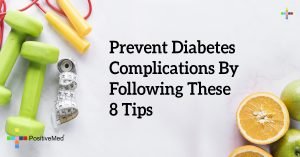
In a groundbreaking study, researchers from Mass General Brigham have unveiled the impressive capabilities of ChatGPT in clinical decision-making tasks across various medical specialties and care settings. This research demonstrates the potential of large language models (LLMs) and AI-based chatbots in healthcare, showcasing their ability to enhance clinical reasoning and decision-making. This article delves into the study’s findings, highlighting ChatGPT’s remarkable accuracy and its implications for the future of healthcare.
The Evolution of Healthcare AI
The healthcare landscape is rapidly evolving, driven by advancements in AI and large language models. While AI-based chatbots are making their mark in various industries, their potential for healthcare applications has remained underexplored. This study sought to bridge this gap by evaluating ChatGPT’s capacity to support clinical decision-making.
Impressive Accuracy Across Specialties and Settings
Researchers conducted an extensive analysis to assess ChatGPT’s performance. The key findings include:
- High Accuracy: ChatGPT achieved a remarkable 72% overall accuracy in clinical decision-making processes. This underscores its potential to significantly contribute to healthcare.
- Adaptability: The tool showcased versatility by performing well across medical specialties, demonstrating its potential to assist healthcare professionals across a broad spectrum of disciplines.
- Primary Care and Emergency Departments: ChatGPT exhibited competence in both primary care and emergency department settings, suggesting its applicability in various healthcare scenarios.
The Future of Clinical Decision Support
This research paves the way for a transformative shift in clinical decision support. ChatGPT’s exceptional accuracy offers healthcare professionals a powerful tool to enhance their decision-making processes. As the model continues to be exposed to more clinical data, its performance is expected to further improve, opening up new possibilities for precision medicine and patient care.
The study conducted by Mass General Brigham highlights ChatGPT’s remarkable accuracy and adaptability in clinical decision-making tasks. This research represents a significant milestone in the integration of AI and large language models into the healthcare domain. As this technology evolves, it has the potential to revolutionize patient care, improve medical outcomes, and empower healthcare professionals with unprecedented decision-support capabilities.





